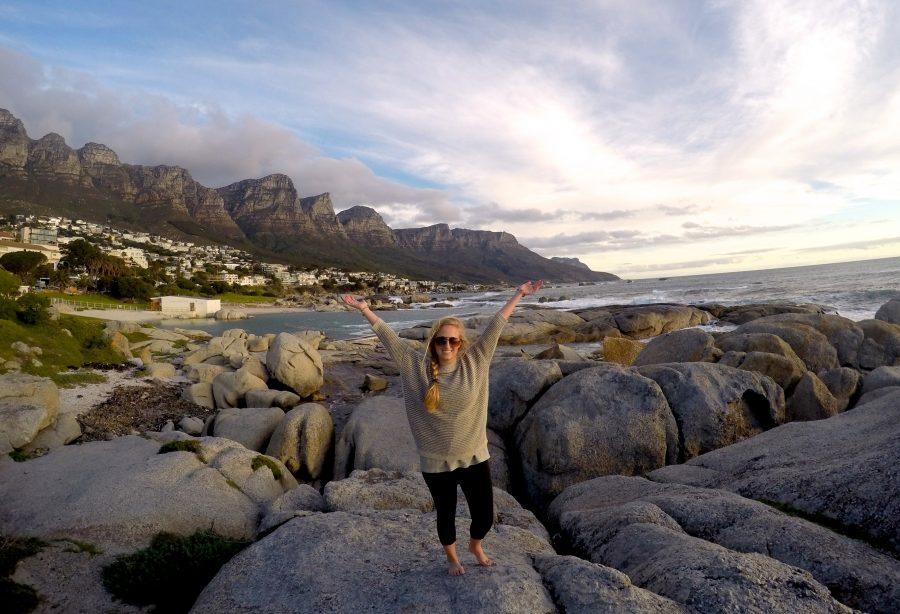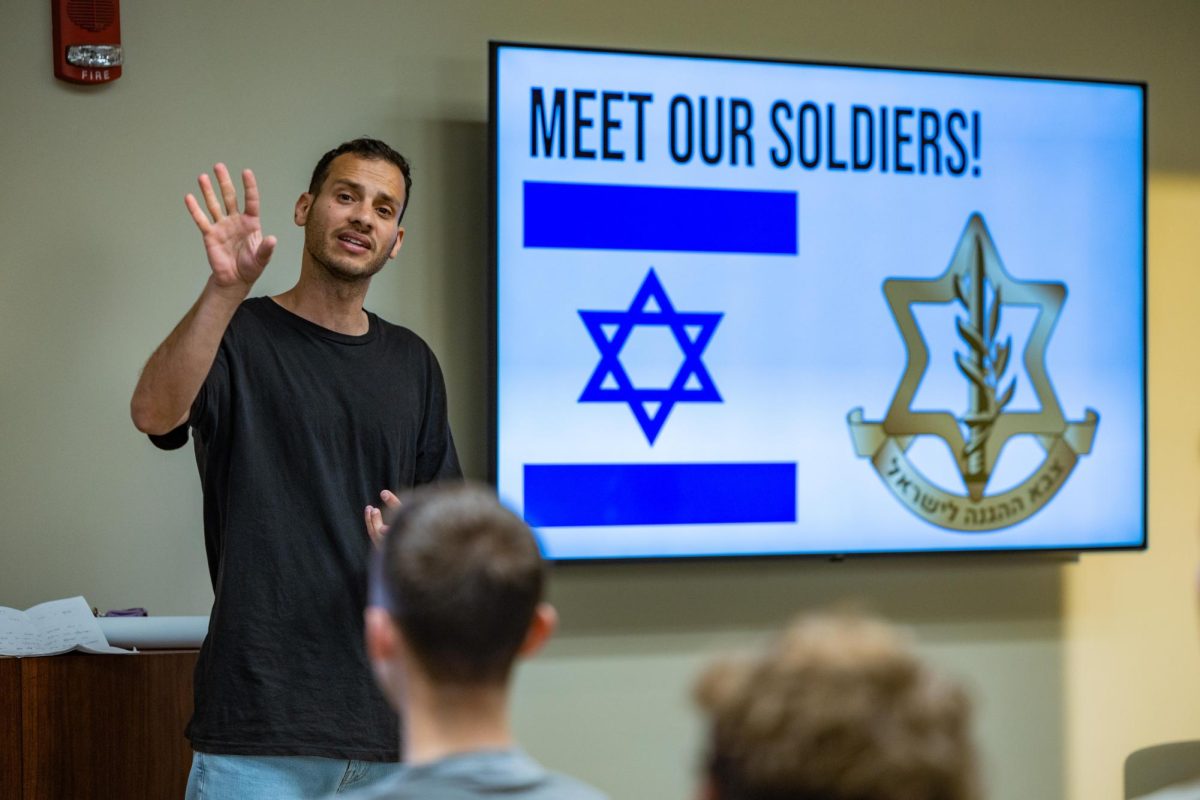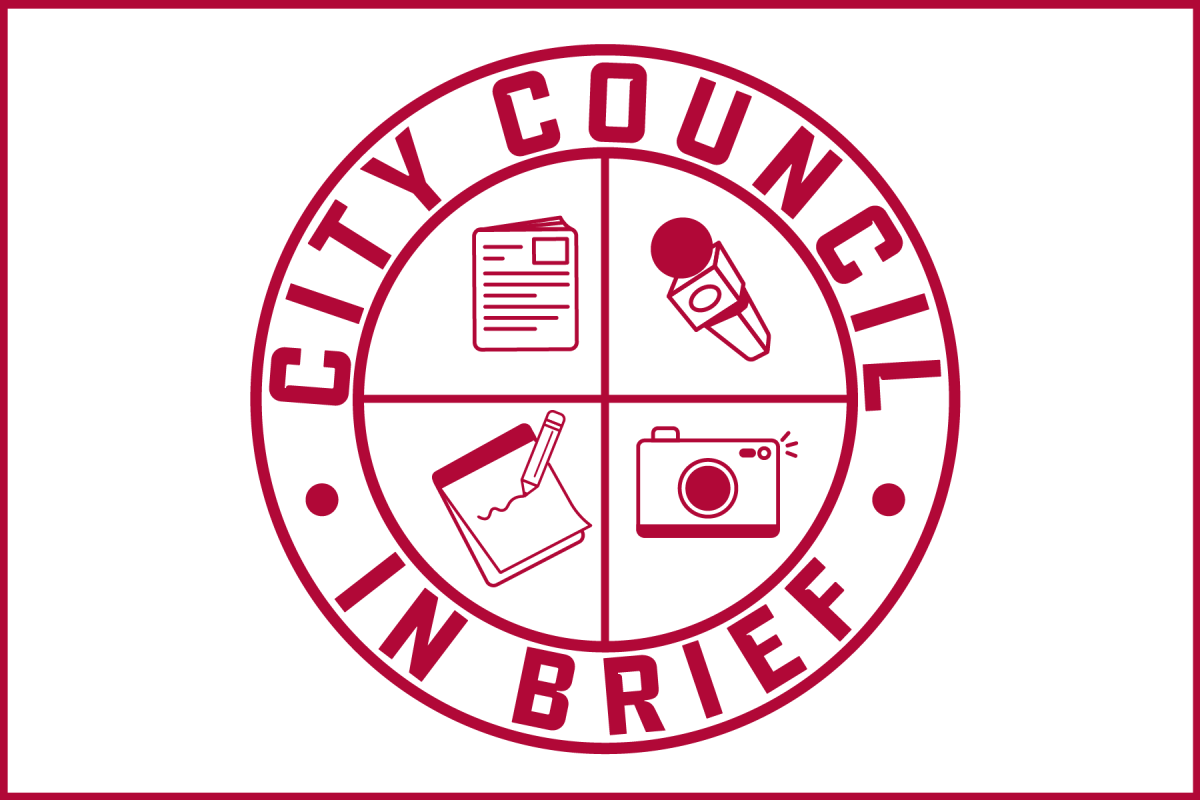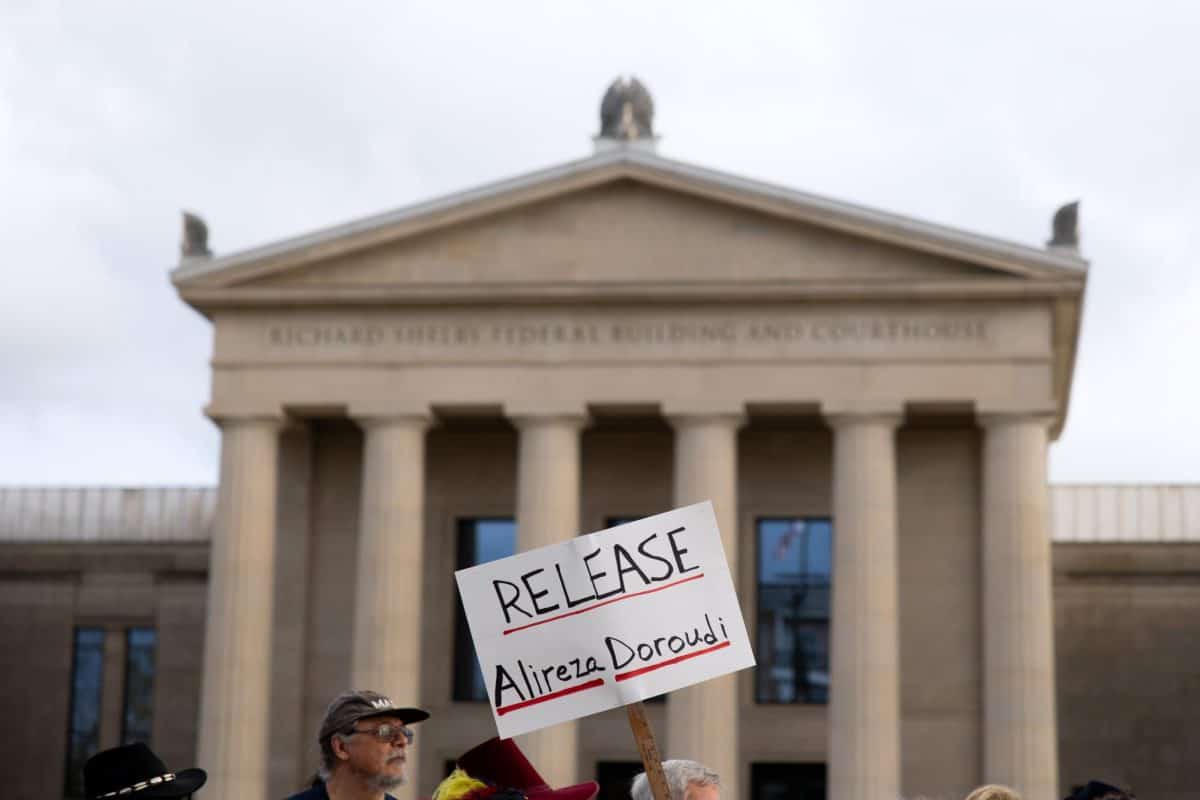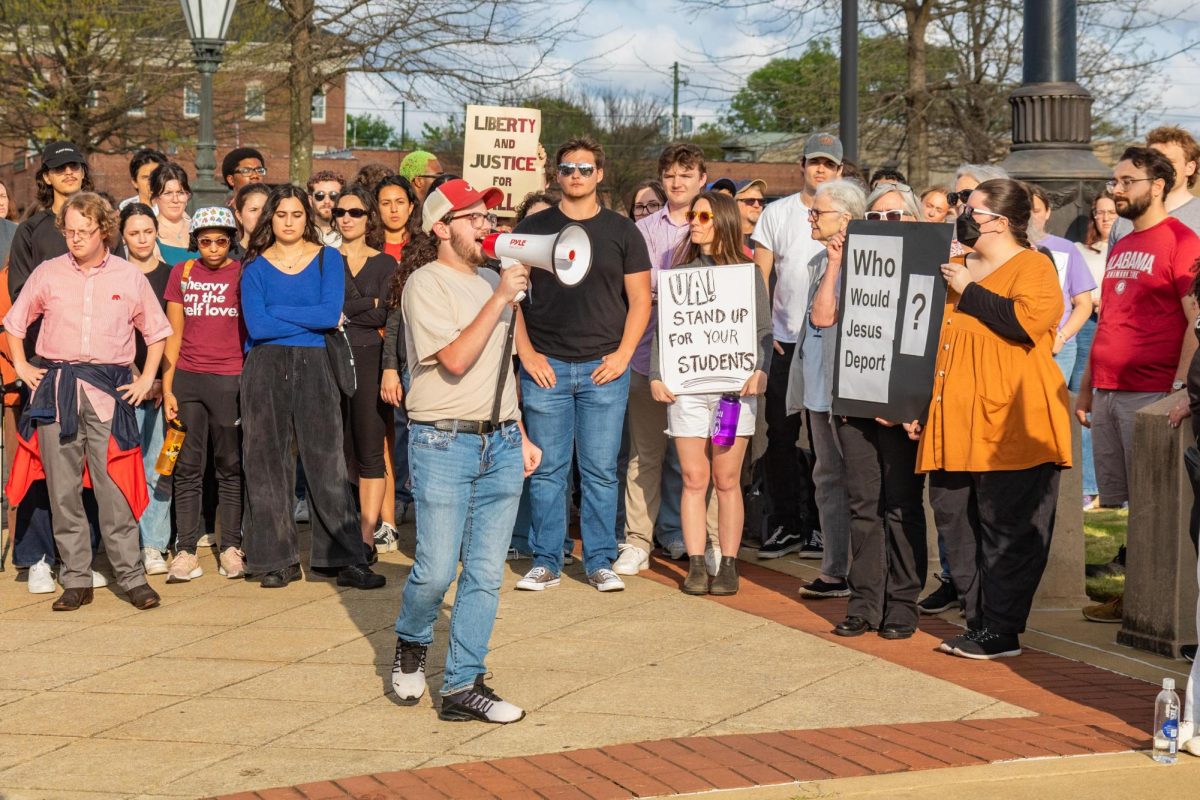Editor’s note: In each issue this summer, The Crimson White will publish a column written by a student who is studying abroad in order to share their experiences in a foreign country.
Admittedly, one of the main reasons I chose to study abroad in Cape Town is because of the opportunities for outdoor adventure and exploring, and I have been far from disappointed. I have climbed through caves and up waterfalls, canoed down a river and hiked up mountains that rewarded me with the most beautiful views I’ve ever seen. Exploring South Africa’s beautiful beaches, some remote and others tourist spots for surfing, has been another one of my favorite things to do here. My comfort zone has been breached and my adrenaline sparked by things like skydiving and cage diving with great white sharks, and I can’t forget my close encounters with much of the native wildlife, including petting a cheetah, riding an elephant and watching a lion walk past my vehicle in the famous Kruger National Park.
All of these things are incredible, but I have found that there is a whole other side to South Africa I was not expecting, one that is not as widely advertised as the exhilarating adventure and beautiful views. Interacting with the culture and people of this country has been the greatest adventure of all.
South Africa is a country of many cultures, and both my explorations of the city and my fieldwork as a student have allowed me to interact with the diverse people of Cape Town. Perhaps my biggest learning experiences have occurred through my encounters with the culture of poverty, which is very widespread here. Although some parts of South Africa boast modern infrastructures, it is still a developing nation that has been free from oppression and segregation of a system called Apartheid for only 21 years, and it currently has the biggest gap between the rich and the poor of any country in the world.
As a healthcare student at the University of Cape Town, I have conducted many service-learning hours at hospitals in areas riddled by tuberculosis, diabetes and HIV, allowing me to witness the equity gap firsthand. In the same day I experience the culture of student privilege of the downtown area and the culture of extreme poverty in some of the most destitute areas of the world. The wide access I have been granted into the personal lives of these people has allowed me to see things that are shocking and sometimes a lot to handle. Many patients, who are experiencing great pain, walk miles to see a doctor only to wait all day and never receive attention or receive inadequate care due to lack of resources. I have witnessed everything from stab wounds that are a result of the ever-present gang violence, to a 14-year-old being diagnosed with HIV, all representative of the impoverished conditions that govern everyday life. Talking to patients who have graciously shared their stories with me has given me insight into lives so different from my own and opened my eyes to the need for reform. In our efforts to contribute, we conducted health surveys and recorded medical information for people who hadn’t seen a doctor in years. The healthcare system and the country as a whole is progressing but has a long way to go, and I am grateful to have been able to witness and be involved in the process in a small way during my short time here.
South Africa is a beautiful and unique country, attributed both to its people and its landscape. All of my expectations for this summer were far exceeded: I got my fill of open-air adventure, made awesome new friends and received impactful, historical and cultural encounters that I would have never anticipated. I have seen more, done more and learned more in the past six weeks that I ever thought possible, and I can’t wait to come back again.
Courtney O’Connor is a senior majoring in biology.



